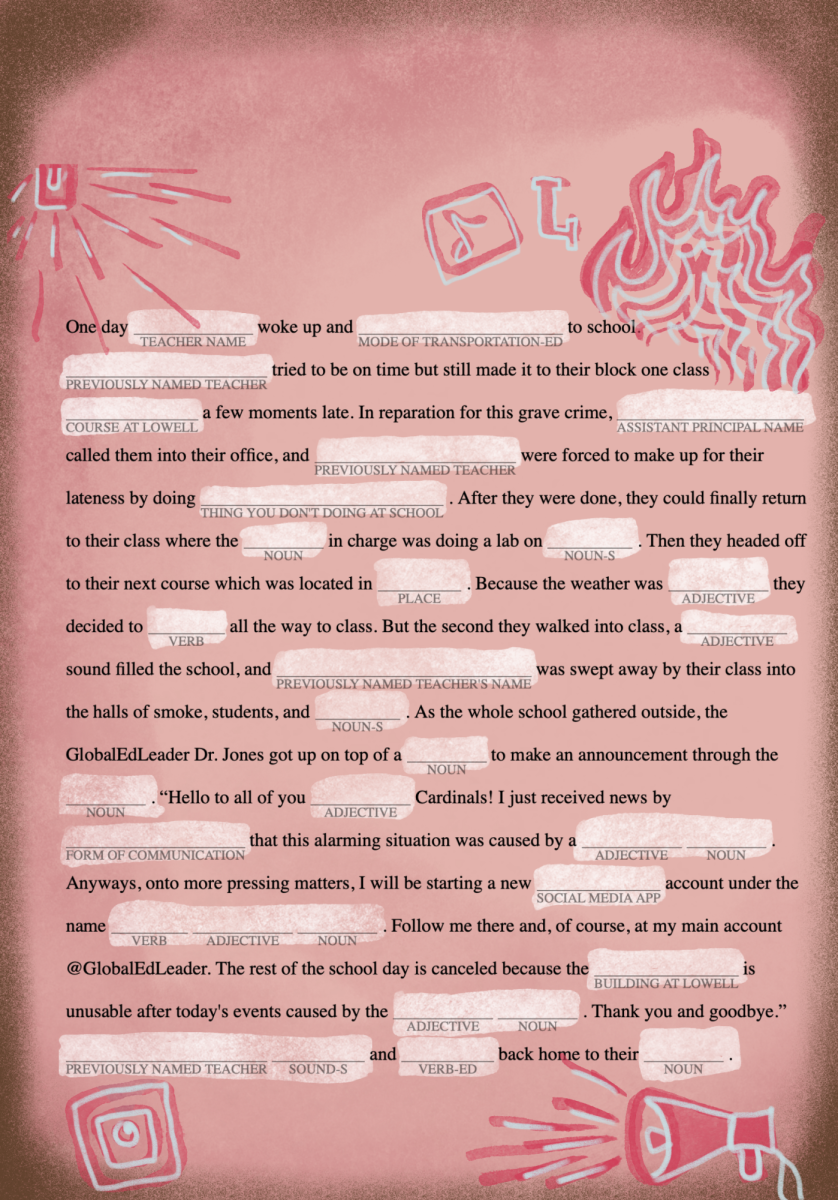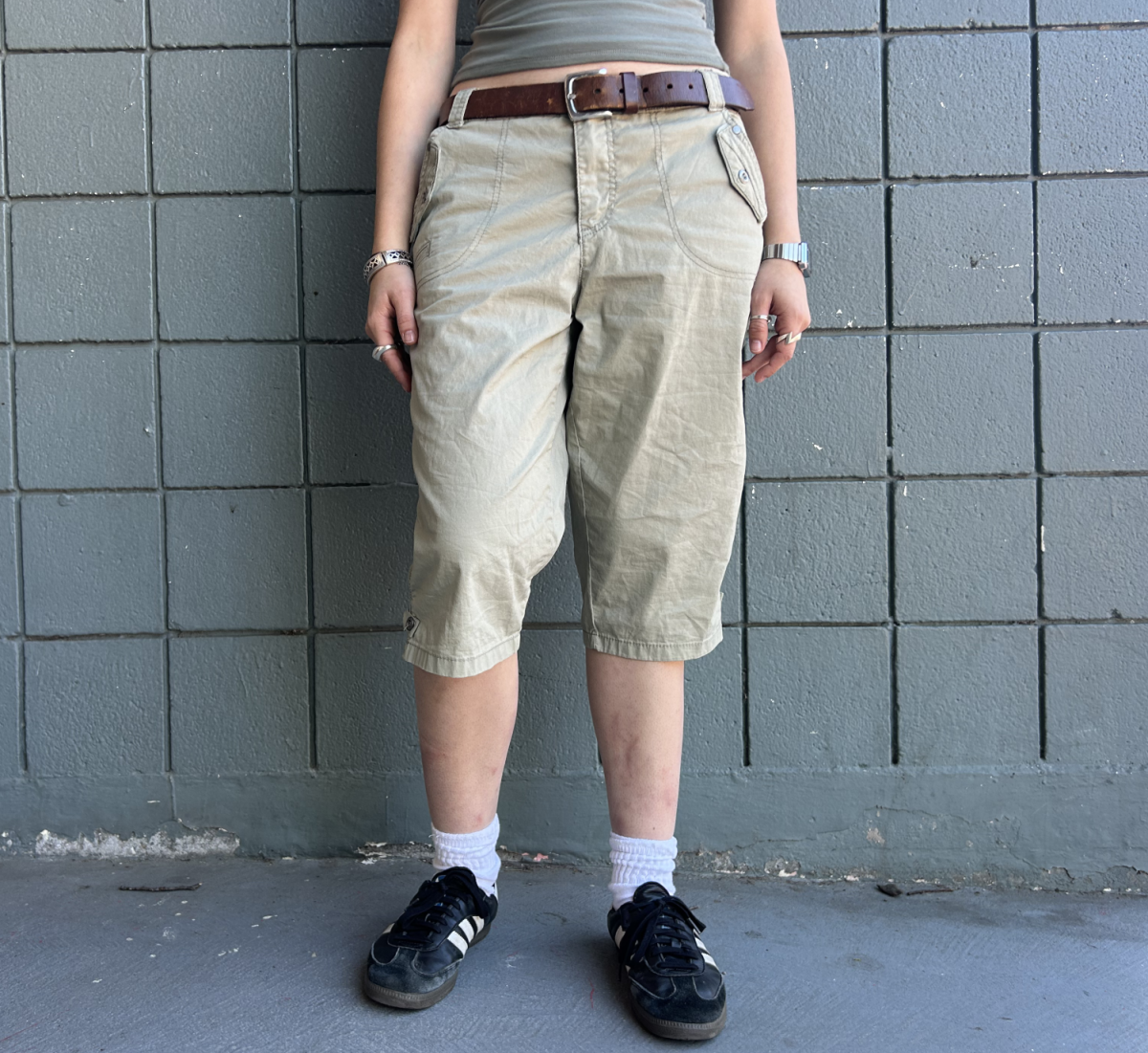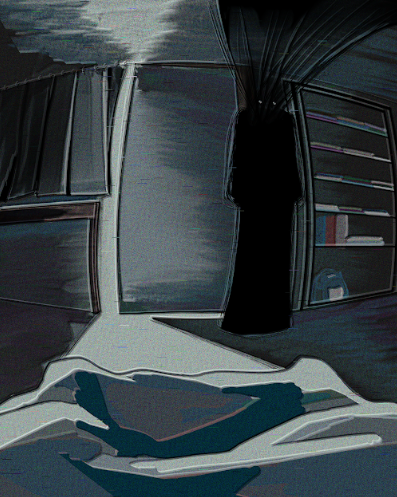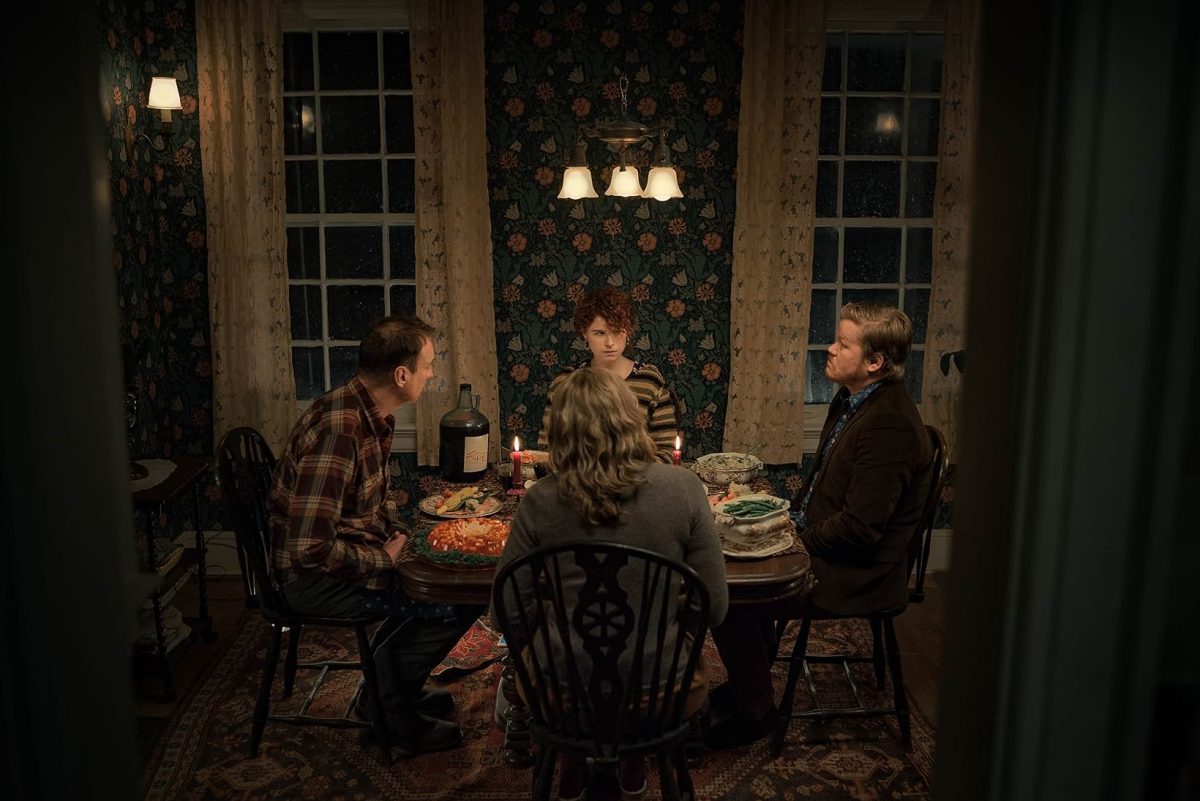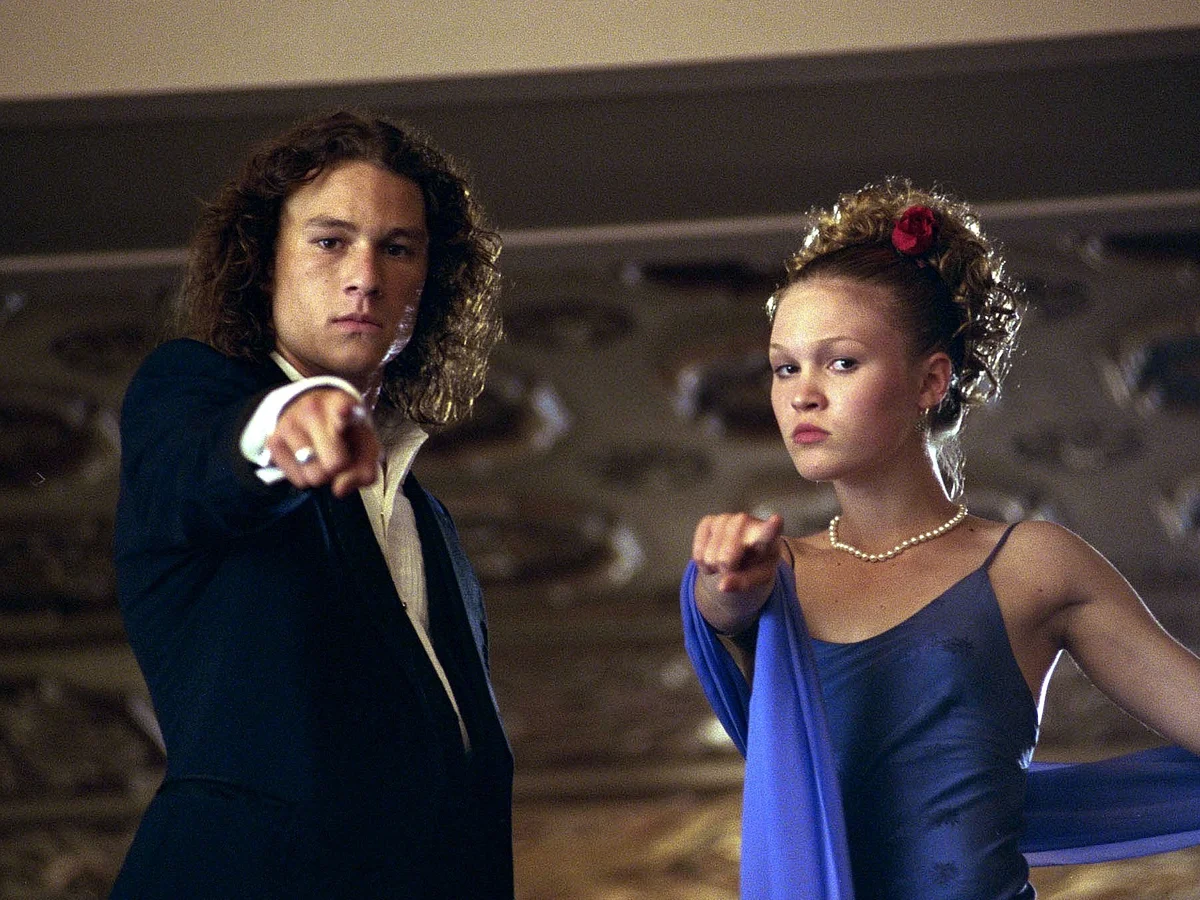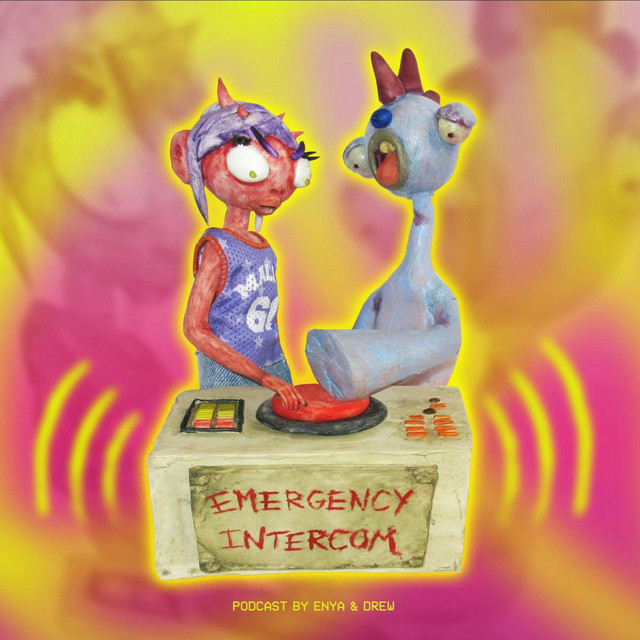Frances Ha is a romantic comedy about a friendship. The 2012 film, written by and starring Greta Gerwig, perfectly encapsulates the idea of loving someone unconditionally in spite of life’s challenges. The title character, Frances Halladay, is a 27-year-old woman struggling to build a career as a dancer in New York City. In the film, Frances attempts to grow up and find her place in the world while struggling with shifting social dynamics and connections. While the film is marketed as a comedy, Frances Ha’s brilliance lies in its insightful portrayal of a friendship over time. Instead of focusing on romantic relationships, the film prioritizes developing the relationship between Frances and her best friend, Sophie, as they go through life changes that test, but don’t break, their bond. Its depiction of the value and impact of long-lasting friendships is unique and authentic.
Frances and Sophie provide an example of an essential form of love: the best friend. In most popular media, the idea of a soulmate is both overvalued and discounted. Nearly every story about a relationship centers around the idea of finding “the one.” However, what these films lack is a broader definition of who qualifies as a soulmate. In Sophie, Frances has found hers. Throughout the film, as life changes disrupt the idyllic friendship that Frances and Sophie once had, Frances looks for her best friend in everyone she meets. When Sophie breaks the lease on their shared apartment, Frances moves in with new friends. She enjoys the experience, but nothing can replace her love for her best friend. She attempts to befriend a girl from her dance company, but finds it difficult to relate to her, in contrast to the closeness and humor that she shares with Sophie. During the movie, Frances describes the moment of making eye contact with the person you love from across the room, and recognizing your bond: “You look across the room and catch each other’s eyes…because that is your person in this life.” It’s implied that she is wishing for this connection in a romantic relationship, but at the end of the movie, this scene plays out between her and Sophie. Sophie is her person because she’s her best friend, and that’s the only qualification that matters.
Rather than being the end goal for Frances, romance is a subplot at best. The men in Frances’ life are insignificant, almost comic relief, when compared to her bond with Sophie. When Frances’ boyfriend asks her to move in with him, she breaks up with him rather than leaving the apartment that she shares with Sophie. One of her new friends, Benji, attempts to make her fall for him, but his efforts go largely unreciprocated. As an inside joke, he and Frances refer to each other as “undateable.” While this may not be strictly true, Frances doesn’t seem to seek out romantic entanglement. This could be attributed to her immaturity or lack of social expertise, but it is also a function of the idea that love comes in many forms, none more valuable than any other. Having found her soulmate in Sophie, she doesn’t feel the need to fill a blank space in her life with romantic love.
Frances Ha exemplifies the idea that love, in all its forms, exists to expand the boundaries of a life, not to restrict them. While Frances and Sophie’s friendship experiences multiple challenges, and they lose some of the easy closeness that they share at the beginning of the movie, their bond is strengthened by the trials they face. During the course of the movie, as life separates and changes them both, Frances and Sophie come to realize that they are each other’s soulmates. A long-term friendship like Frances and Sophie’s is one of the most genuine forms of love that one can hope for.







